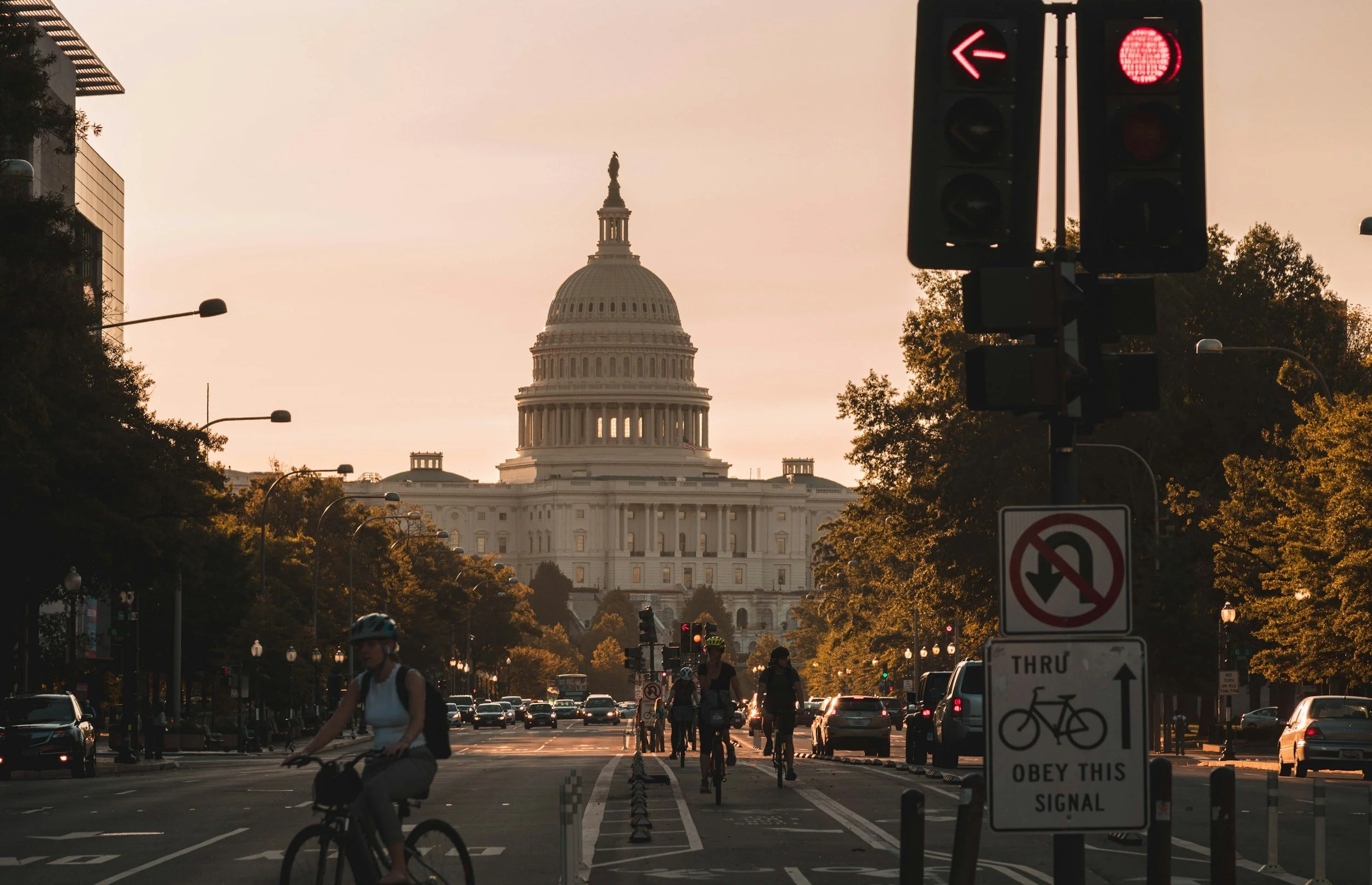Thinking of healthcare as a technology of peace
America's healthcare system stands as a paradox, deeply revered for its advanced medical innovations yet equally reviled for its glaring inequalities. At its core, this system has become more than just a reflection of medical advancement; it is a profound barometer of social cohesion and national stability. When access to healthcare is contingent upon one's economic status, healthcare inadvertently becomes an instrument of division, undermining social solidarity and exacerbating resentment among citizens.

Universal healthcare can serve as a potent technology of peace, stabilizing society through the assurance of fundamental dignity. Health is inherently personal, yet its social implications are profound. In nations where healthcare is universally provided, citizens carry a shared sense of security, confidence in collective goodwill, and a reinforced belief that every life matters equally. Conversely, in systems where healthcare is fragmented or withheld due to economic constraints, anger and resentment become justified responses to systemic neglect.
In the United States, where healthcare disparities are stark and persistent, these divisions manifest palpably. An individual's health, the most intimate aspect of their existence, becomes a battleground for political exploitation and social fragmentation. This dynamic doesn't just harm those who lack adequate healthcare; it erodes the social fabric of the nation as a whole.
Furthermore, recent research highlights an alarming consequence of healthcare inequality: widespread professional burnout among healthcare providers. Exhausted and stretched beyond capacity, healthcare workers can lose the empathy essential to compassionate care. This erosion of empathy disproportionately affects vulnerable individuals, particularly those facing terminal conditions or end-of-life transitions. It creates situations in which individuals experience their final moments isolated, uncomforted, and profoundly alone.
Such scenarios are symptomatic of a healthcare system shaped not by collective wellbeing, but by economic expediency and fragmented policy priorities. Healthcare inequality not only creates social divisions—it diminishes collective humanity. To transform healthcare into a genuine technology of peace requires intentional policy shifts, systemic investments, and societal acknowledgment of healthcare as a shared moral imperative.
Addressing healthcare inequality means more than just economic reform; it necessitates a fundamental cultural shift toward valuing human dignity over profit margins. It requires recognizing healthcare access as a cornerstone of national security and stability, ensuring that no citizen faces life's ultimate vulnerabilities alone.
By reimagining healthcare as a tool for social cohesion, we create conditions that lower societal tension and reduce divisions exploited by opportunistic actors. Universal healthcare can, in this sense, genuinely act as a technology of peace—reinforcing empathy, solidarity, and collective resilience. This is not merely policy; it is the profound reaffirmation of a nation's commitment to each of its citizens, affirming that in our most vulnerable moments, no one should ever be left to face darkness alone.

























